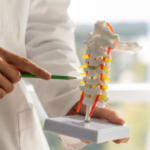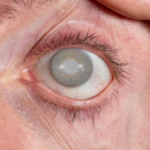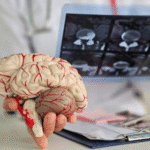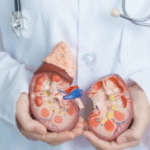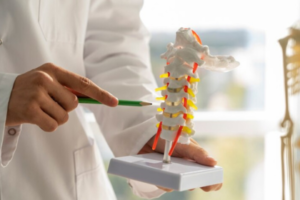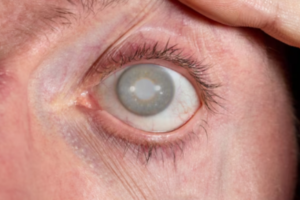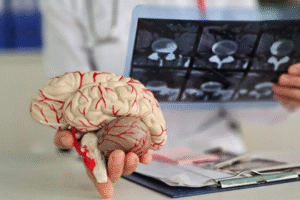Kidney stones are a common yet painful urological condition that affects millions of people globally. These hard deposits of minerals and salts form inside the kidneys and can cause excruciating pain, nausea, and urinary complications when they move through the urinary tract. Fortunately, with advancements in medical science, Kidney Stone Treatment has become more effective, safer, and minimally invasive. In this article, we will explore the causes, symptoms, and modern treatment options for kidney stones to help you find relief and regain your health.
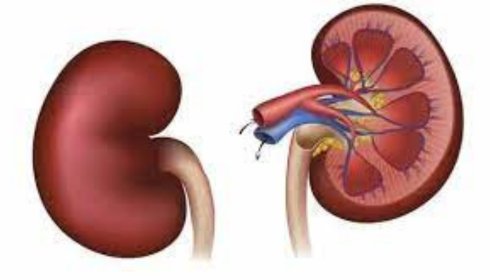
Understanding Kidney Stones
Kidney stones, medically known as renal calculi, form when urine becomes concentrated, allowing minerals like calcium, oxalate, and uric acid to crystallize and stick together. While some stones are small enough to pass unnoticed, others can grow large and block the urinary tract, leading to severe discomfort and potential complications.
There are four primary types of kidney stones:
- Calcium Stones – The most common type, usually made of calcium oxalate.
- Struvite Stones – Often caused by urinary tract infections.
- Uric Acid Stones – Common in people who are dehydrated or consume a high-protein diet.
- Cystine Stones – A rare type caused by a genetic disorder called cystinuria.
Symptoms of Kidney Stones
Recognizing the symptoms early is essential for prompt diagnosis and treatment. Common signs include:
- Intense pain in the back or side
- Blood in urine
- Frequent urination
- Nausea and vomiting
- Pain during urination
- Cloudy or foul-smelling urine
If you experience these symptoms, it is important to seek medical attention to determine the presence and type of kidney stone.
Diagnosis and Evaluation
Doctors use several diagnostic tools to detect and evaluate kidney stones:
- Imaging tests such as X-rays, ultrasounds, or CT scans help locate and size the stone.
- Urine tests check for stone-forming substances or infections.
- Blood tests evaluate kidney function and levels of calcium or uric acid.
Based on the results, your doctor will recommend a tailored treatment plan.
Modern Kidney Stone Treatment Options
The goal of kidney stone treatment is to relieve pain, remove or break up the stone, and prevent recurrence. Here are the most effective and widely used treatment methods:
1. Increased Fluid Intake
For small stones, drinking plenty of water (at least 2-3 liters a day) can help flush out the stones naturally. Doctors may also prescribe pain relievers and alpha blockers to ease the stone’s passage.
2. Extracorporeal Shock Wave Lithotripsy (ESWL)
This non-invasive procedure uses sound waves to break larger stones into smaller pieces that can be passed through urine. It is a commonly preferred treatment due to its effectiveness and quick recovery time.
3. Ureteroscopy
A thin scope is passed through the urethra and bladder to reach the stone, which is then broken and removed. This method is particularly useful for stones lodged in the ureter.
4. Percutaneous Nephrolithotomy (PCNL)
For very large or complex stones, a small incision is made in the back to remove the stone directly from the kidney. This surgical procedure requires a short hospital stay and is highly effective for large stones.
5. Medications
Doctors may prescribe medications to prevent stone formation. These include thiazide diuretics (for calcium stones), allopurinol (for uric acid stones), and antibiotics (for struvite stones).
Preventing Future Stones
Preventive strategies play a key role in avoiding recurrent kidney stones:
- Drink sufficient water daily.
- Limit intake of salt, sugar, and animal protein.
- Eat foods rich in calcium but avoid excessive calcium supplements.
- Avoid oxalate-rich foods like spinach, nuts, and chocolate if you’re prone to calcium oxalate stones.
A personalized dietary and lifestyle plan from a kidney specialist can significantly reduce your risk of recurrence.
Conclusion
Living with kidney stones can be both painful and disruptive. However, with the right knowledge, early diagnosis, and access to advanced kidney stone treatment, patients can find effective relief and prevent future episodes. Whether you opt for non-invasive techniques or require surgical intervention, today’s medical advancements ensure that kidney stones are highly treatable. Take control of your kidney health by staying hydrated, eating right, and consulting your healthcare provider at the first sign of discomfort.

